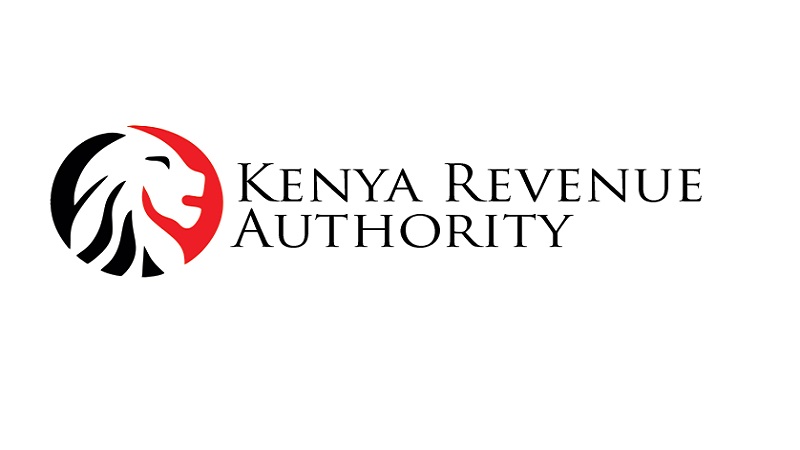KRA now plans to go after local based online ads to raise more revenue

The Kenya Revenue Authority (KRA) has recently been looking for ways to get a share of the digital economy. The authority has been targeting the mobile commerce which is valued at Ksh.6 trillion, as it seeks to increase its sources of revenue.
Of course this has received some backlash from a lot of people. In fact, the UN’s Conference on Trade and Development (UNCTAD) has warned that increasing taxes on internet and mobile money services could be counter-productive.
Well, it looks like KRA is not done and might now be looking at taxing local based online ads on Google and other social platforms.
Speaking during a panel discussion on the role of policy and regulation in catalyzing innovation at the ongoing annual CIO100 summit at Lake Naivasha Resort, Prof. Daniel Tarus, DVC Finance, Moi University said, ‘’KRA is now allocating a lot of resources because now they want to identify adverts that are Kenyan and are supposed to generate revenue in Kenya so that they can be able to issue an invoice to Google or other providers.’’
‘’The Kenyan government taxes revenue that is generated in Kenya, that basically means that if you’re running an advert on Google meant to generate revenue in Kenya, then that is supposed to be taxed in Kenya’’ he added.
‘’We have seen a few tax policies around ICT but I can tell you that there’s more that is coming in the next finance bill because the revenue that is generated on internet based advertising is enormous,’’ the Prof.intimated.
Of course there’s that whole debate on how to actually tax the digital economy. This might be a welcome move for KRA to try hit its targets but again, how will Facebook for example with no physical presence in Kenya be taxed, considering online transactions are not bound by boundary or geographical restrictions? How will KRA actually implement this? Well, looks like the taxman already has a plan in place.
Kenya Revenue Authority Commissioner for Strategy, Innovation and Risk Management in a column published by Business Daily in August this year said, ‘’……the digital economy is best taxed through equally digitalised systems and processes, backed up by solid infrastructure and skilled human capital in the areas of data, IT and software development.’’
‘’It is through the integration of disparate systems with the attendant ability to share information across databases that will facilitate optimal taxation and allow for effective support to taxpayers.’’ he continued.
He went ahead to say, ‘’To that end, KRA has been implementing modern technology to facilitate tax administration over the years.’’
Speaking at the same CIO100 summit, Louis Otieno, former Corporate Affairs Director, Microsoft4Africa, said taxation of the digital economy should be done in such a way that does not create a capital flight or investment.
“ICT is an enabler. However, when you create a deterrent to create growth in the business environment through bad taxation, you are curtailing and discouraging innovation,” he said.
Follow us on Telegram, Twitter, Facebook, Instagram, or subscribe to our weekly newsletter to ensure you don’t miss out on any future updates.


